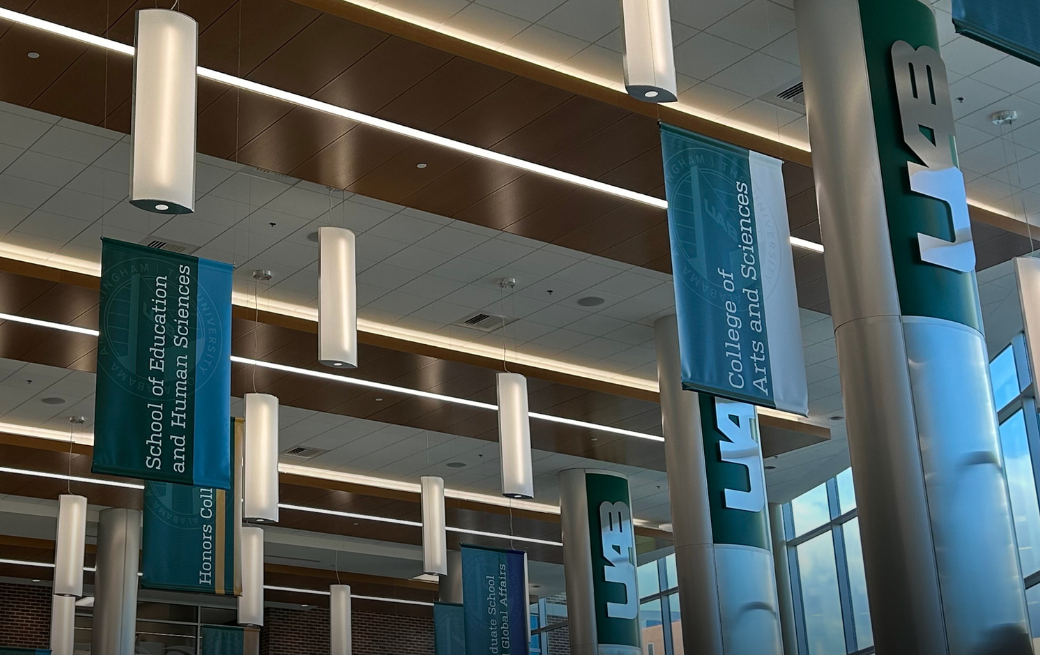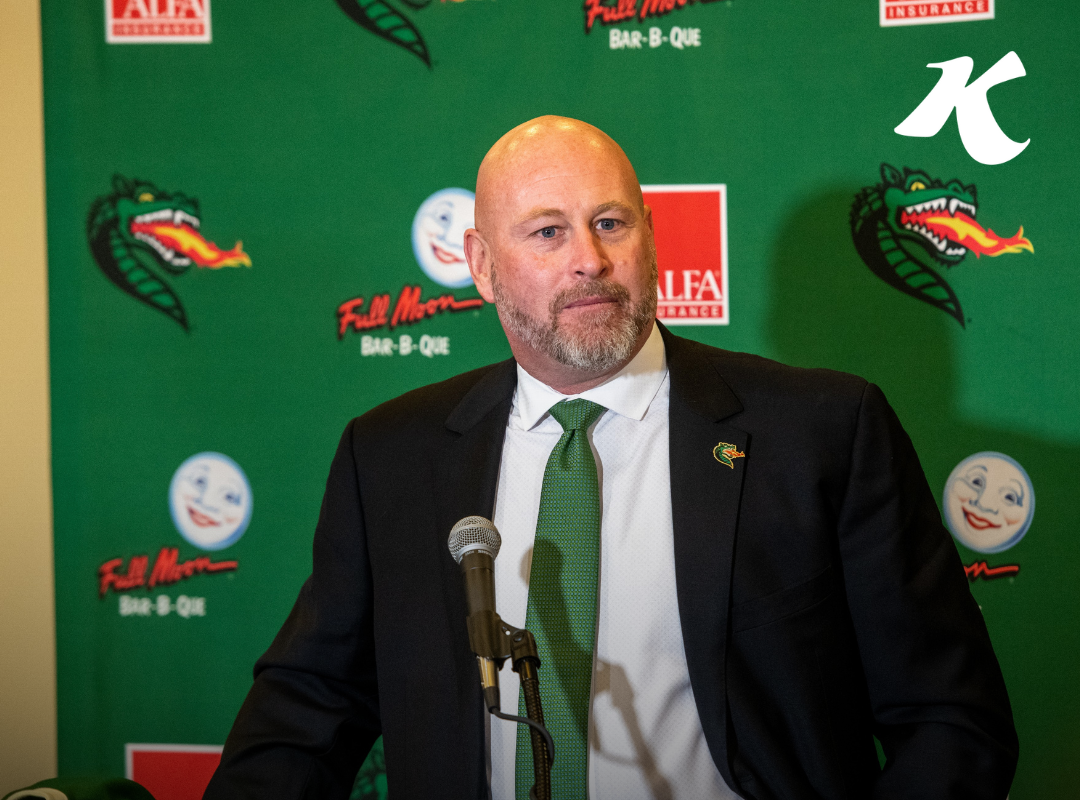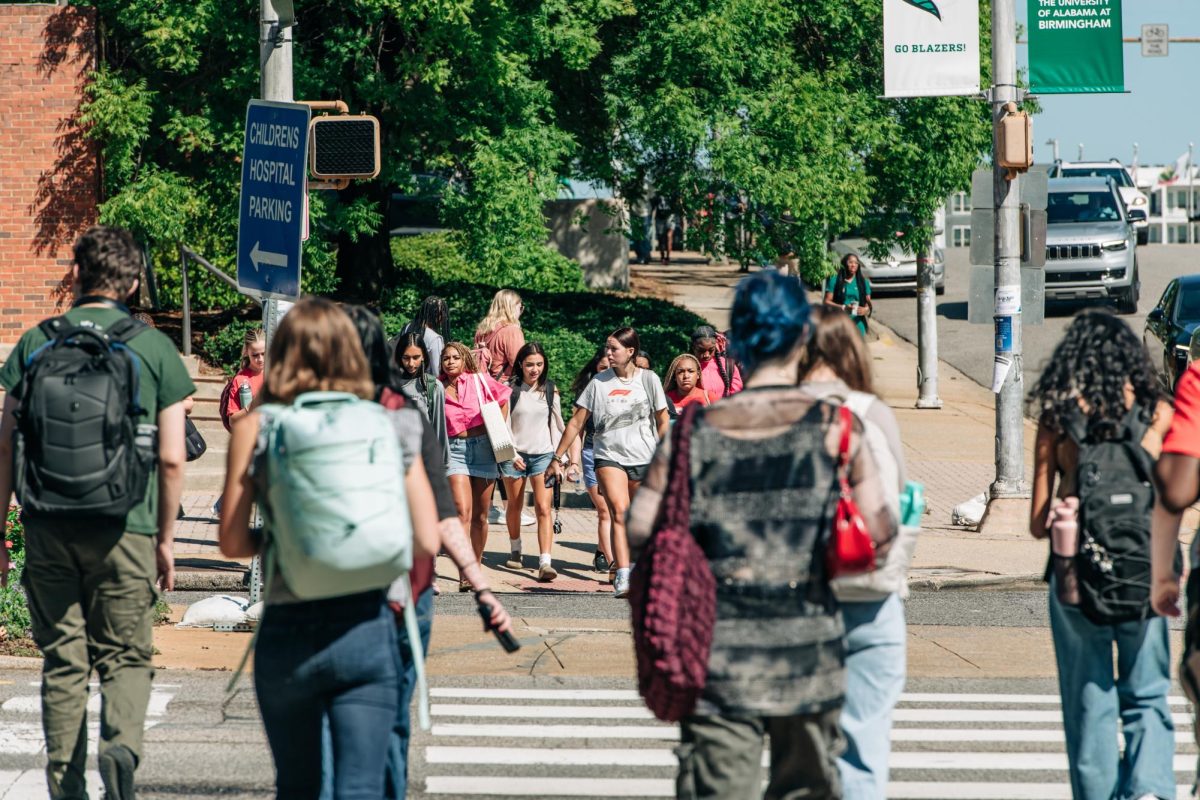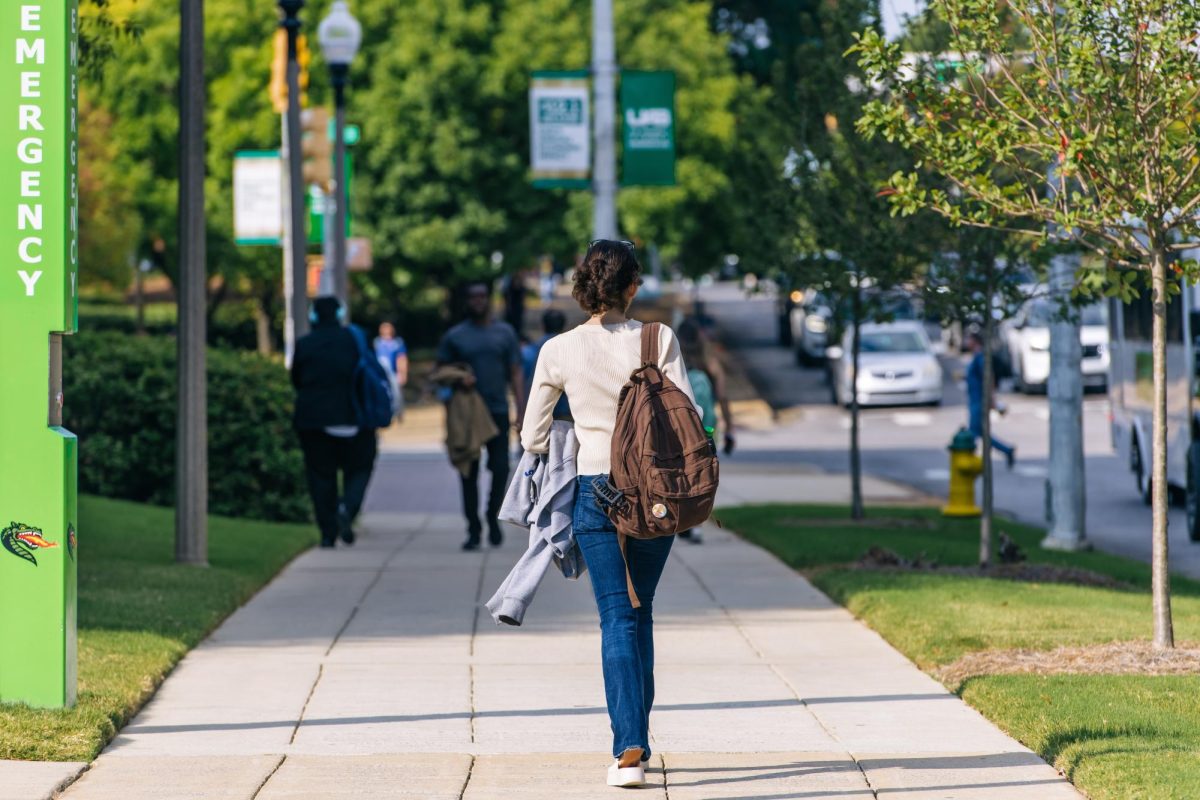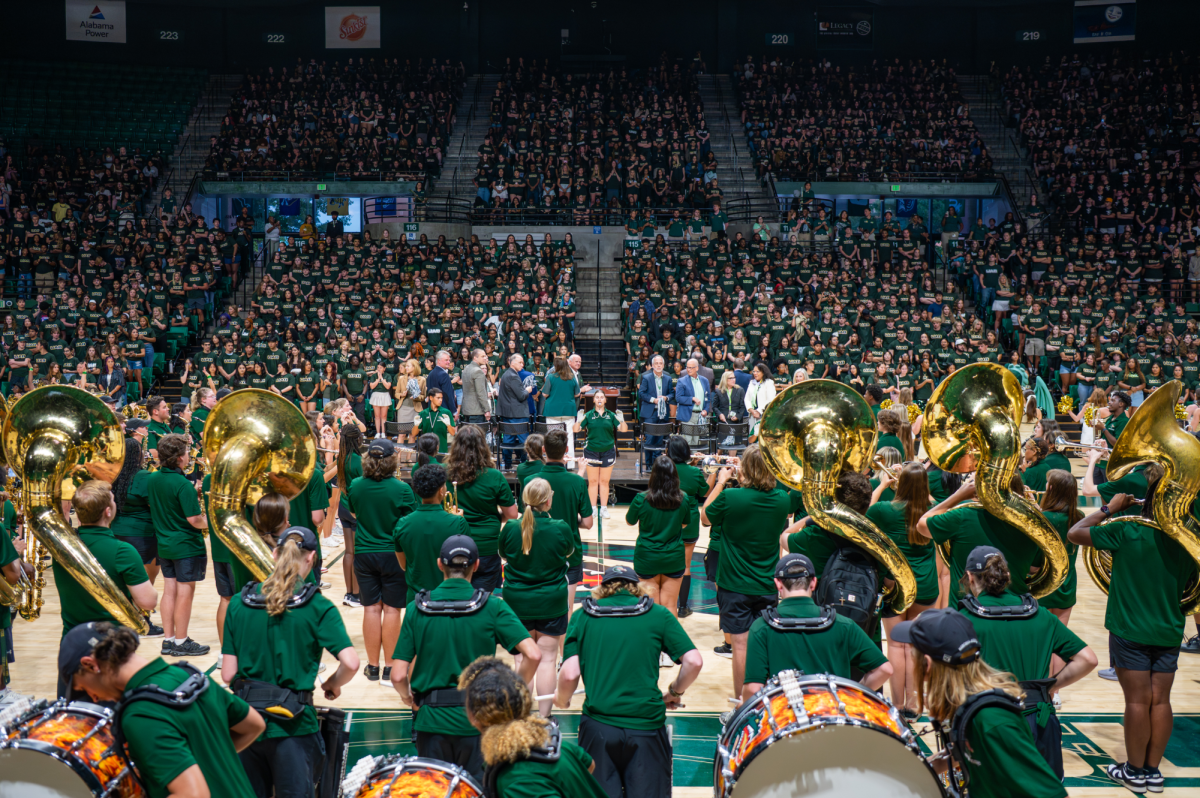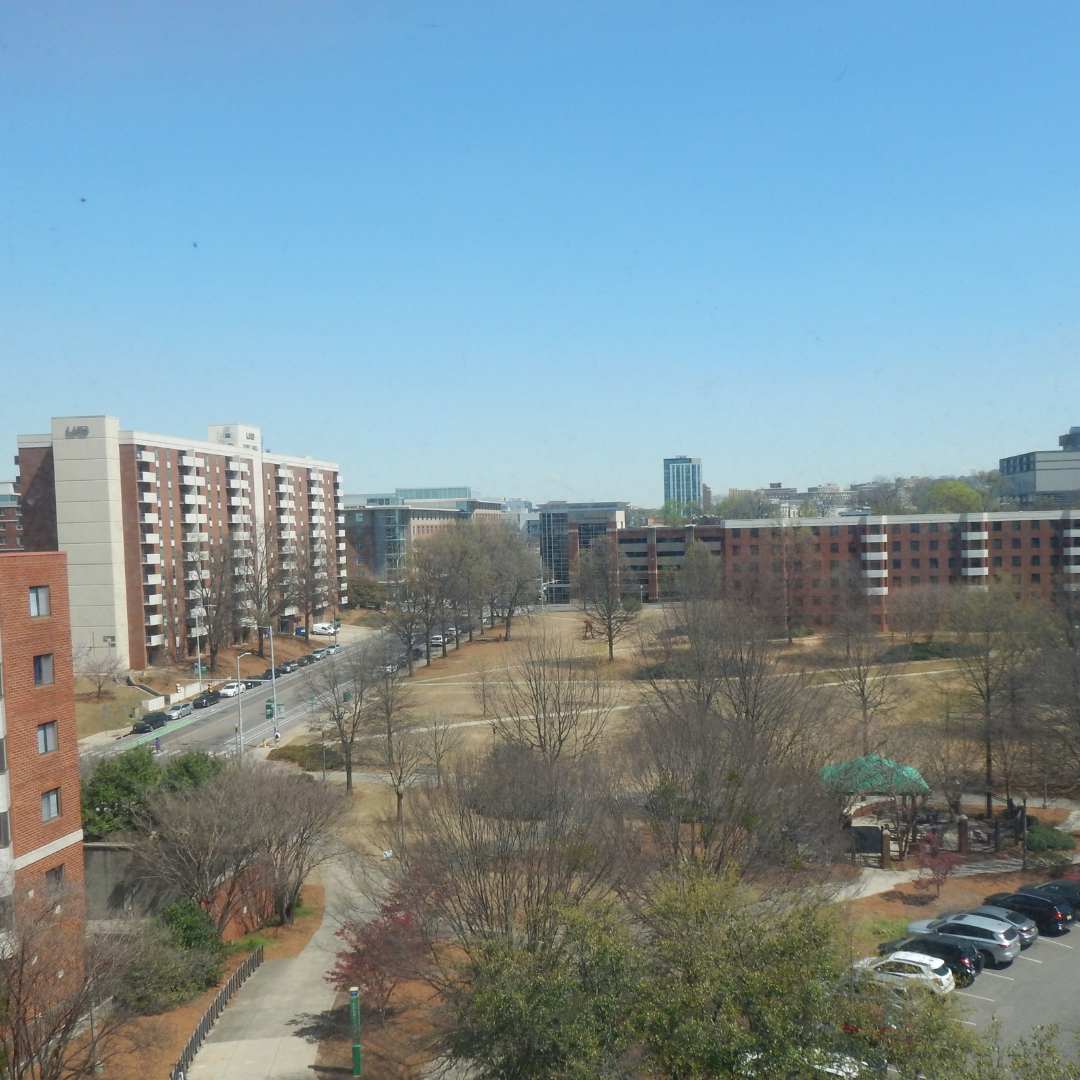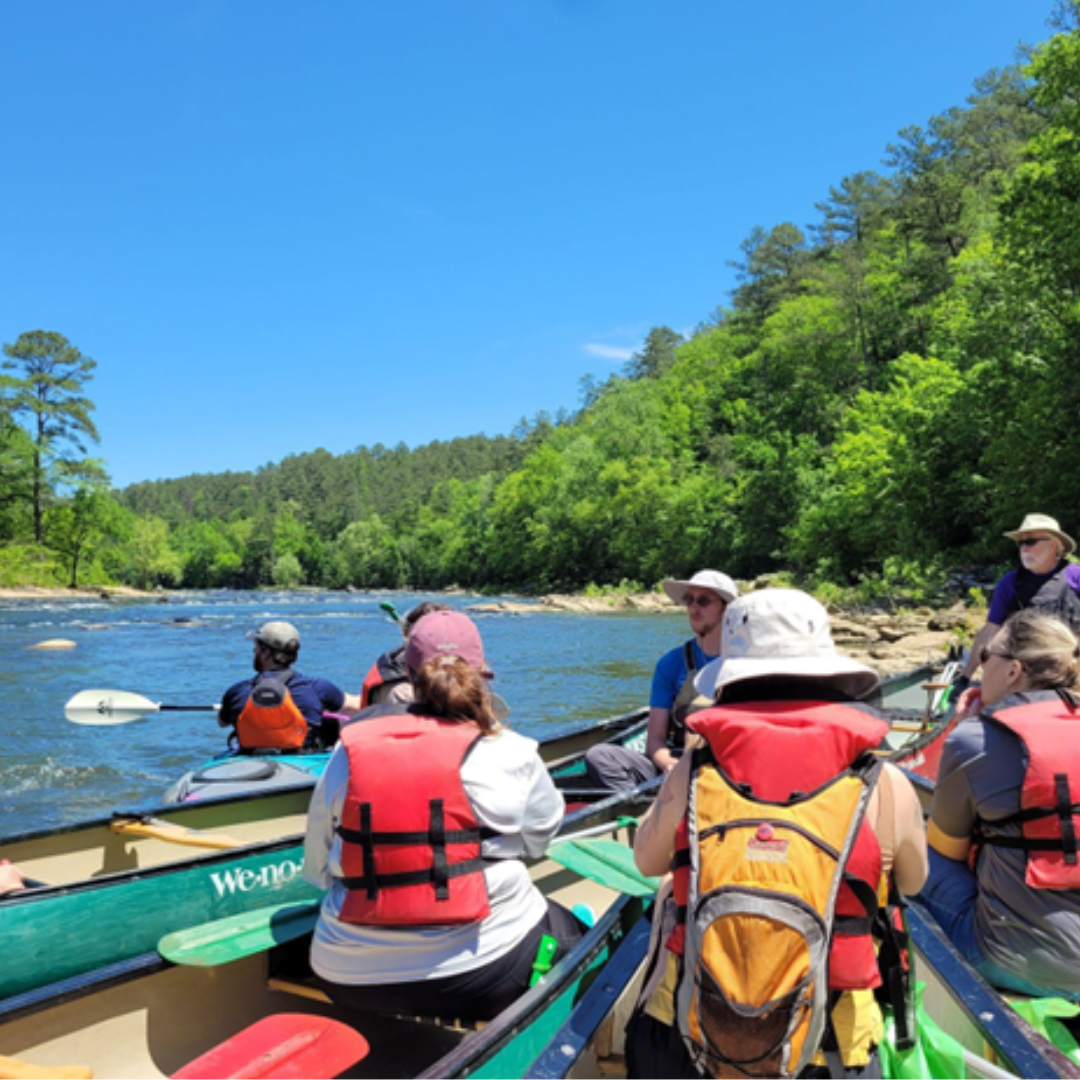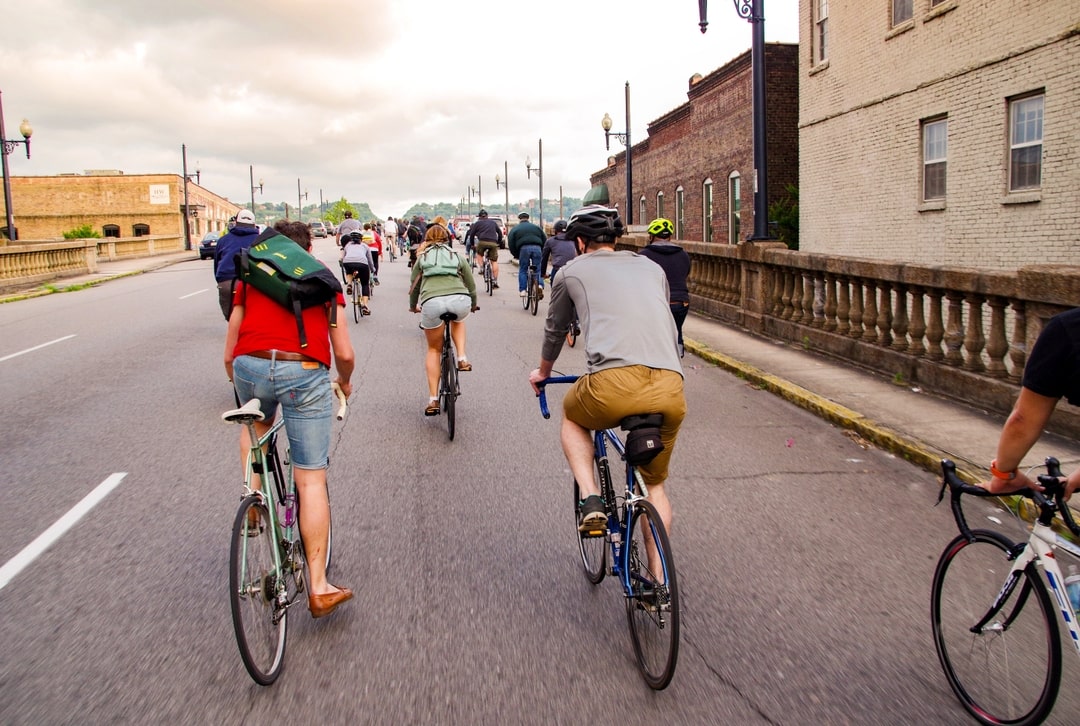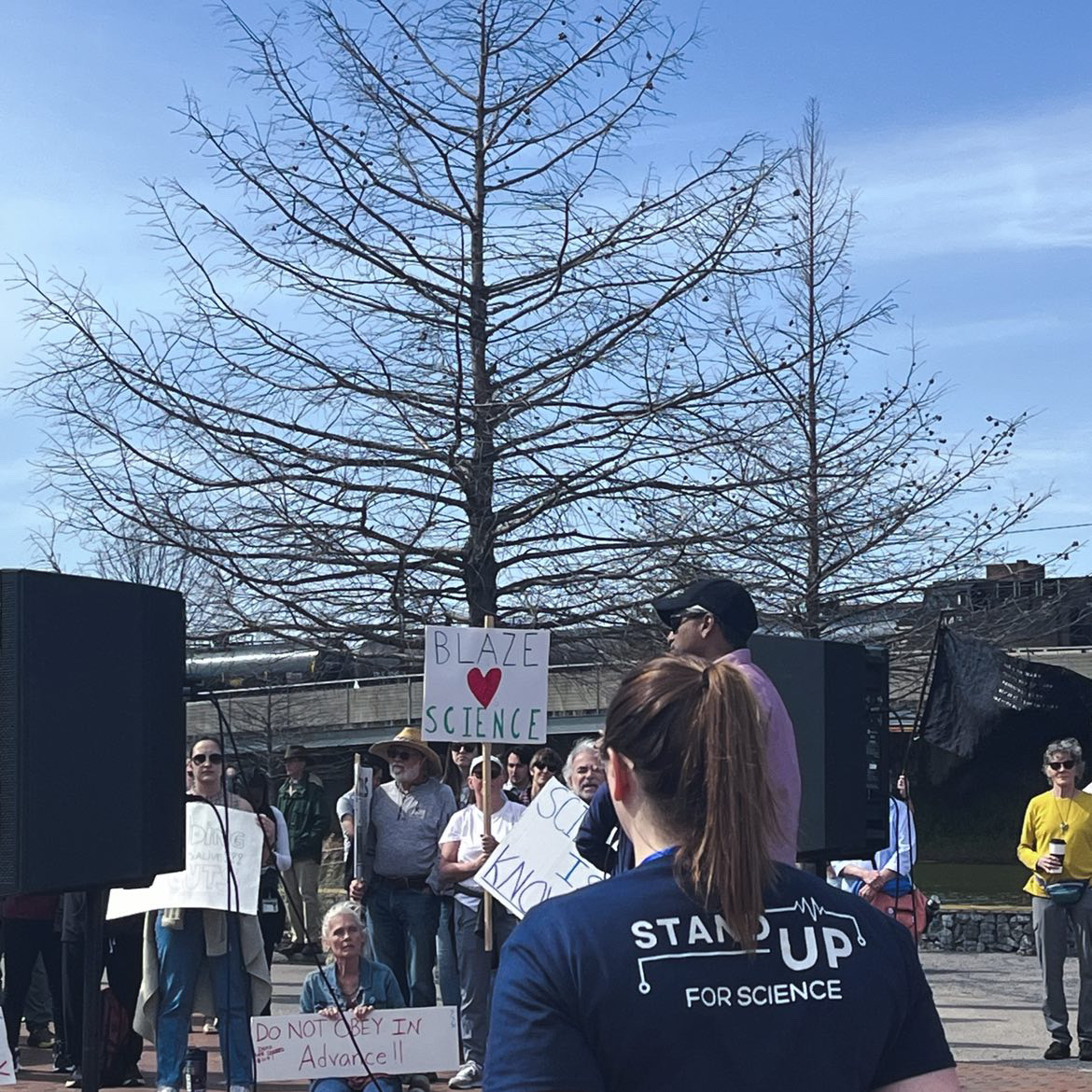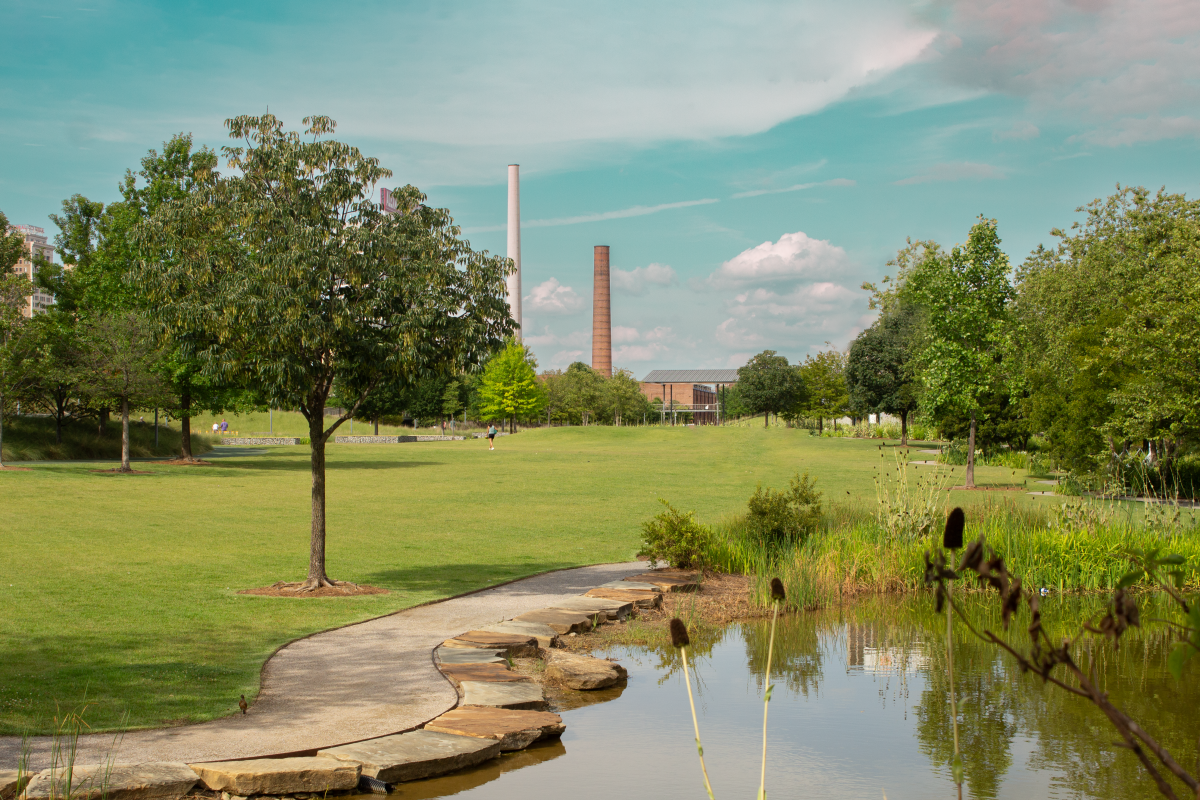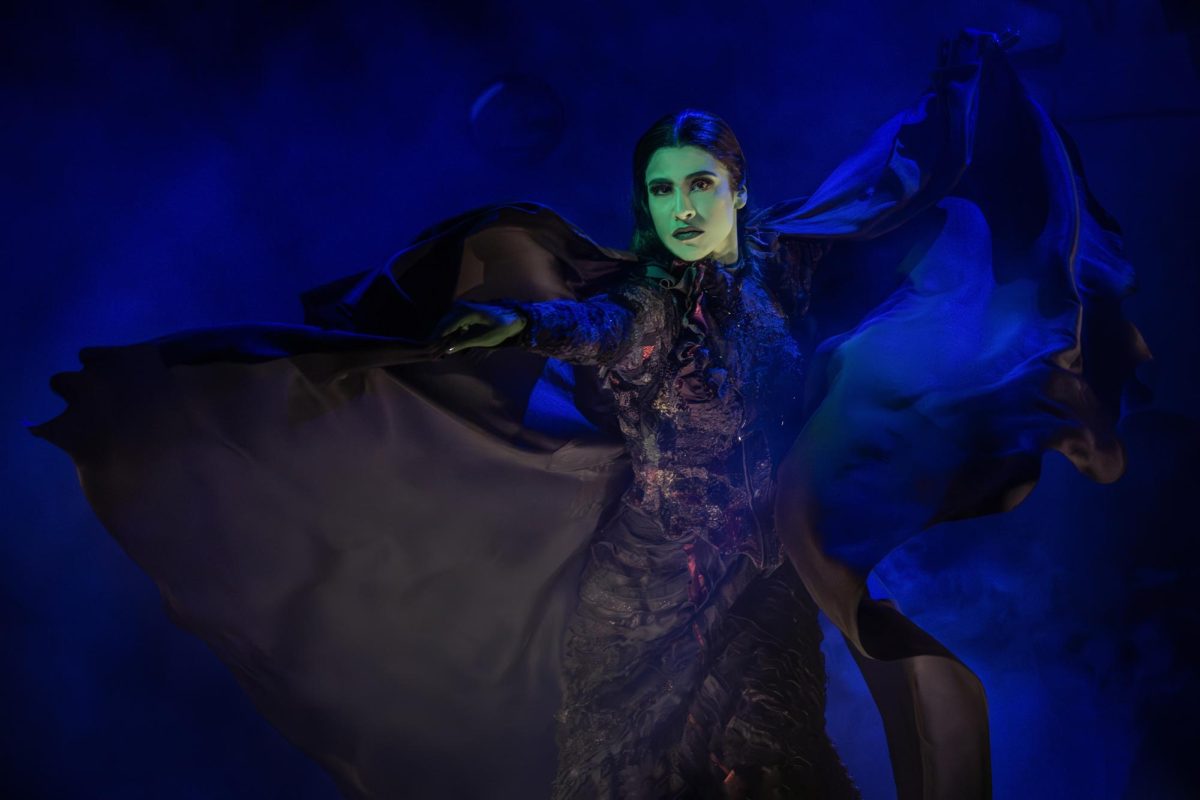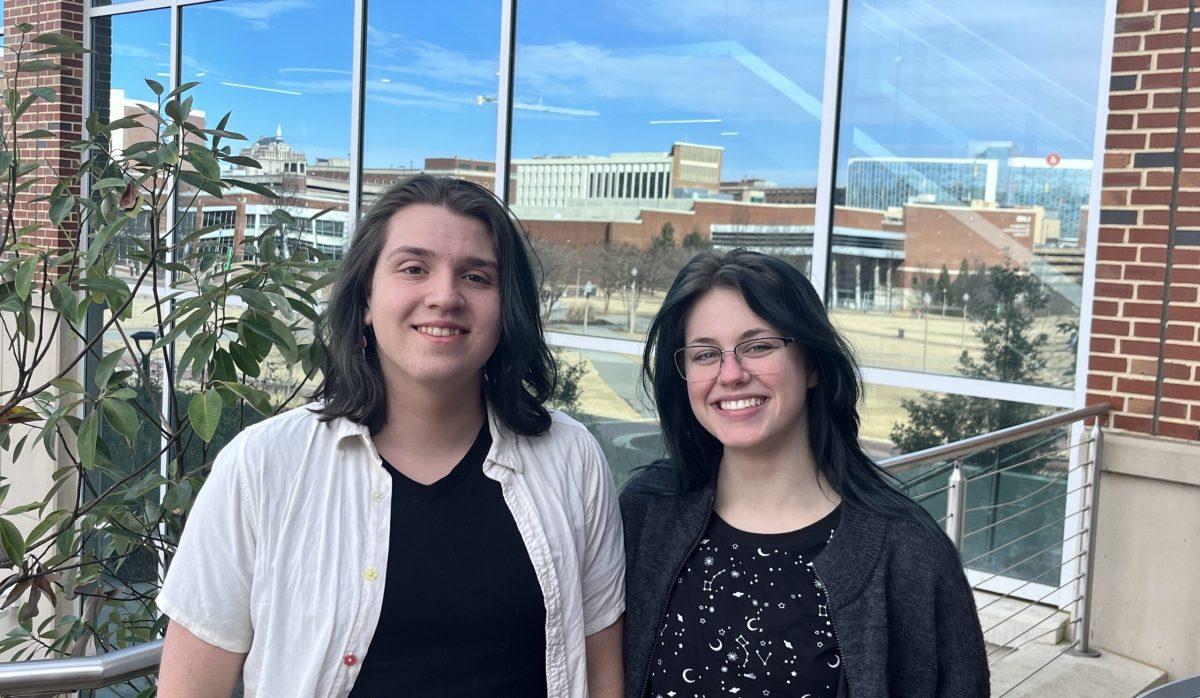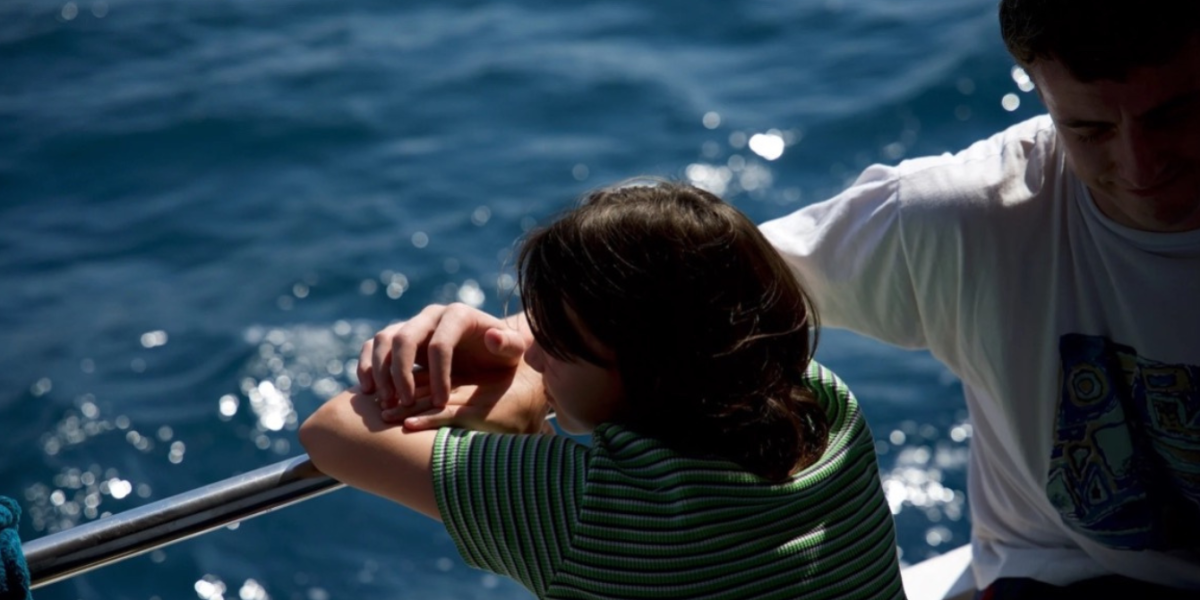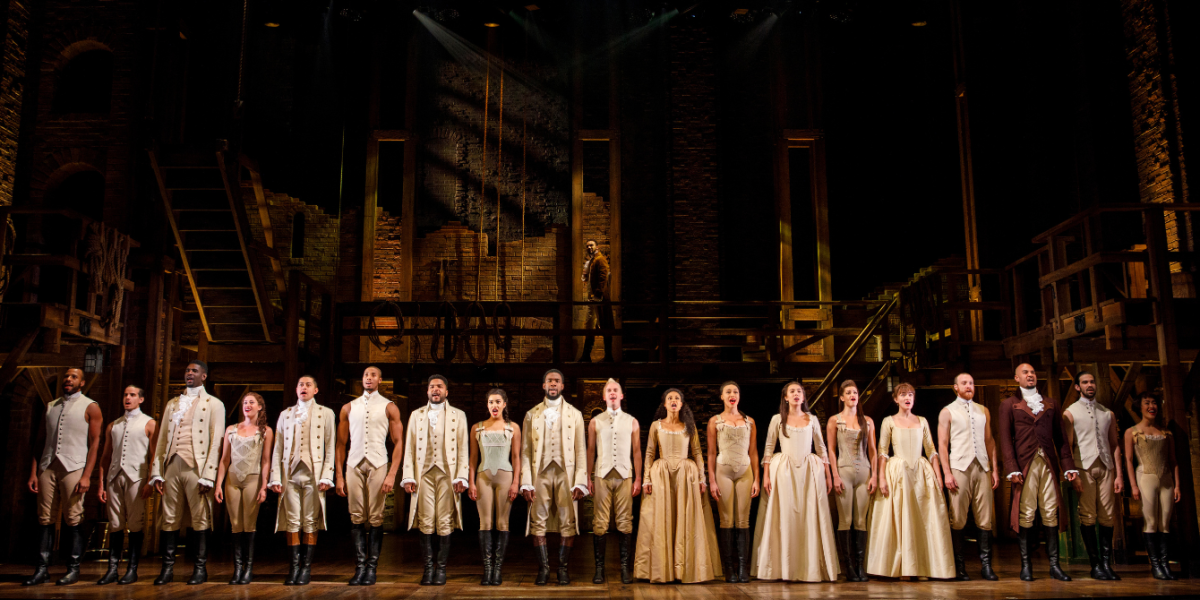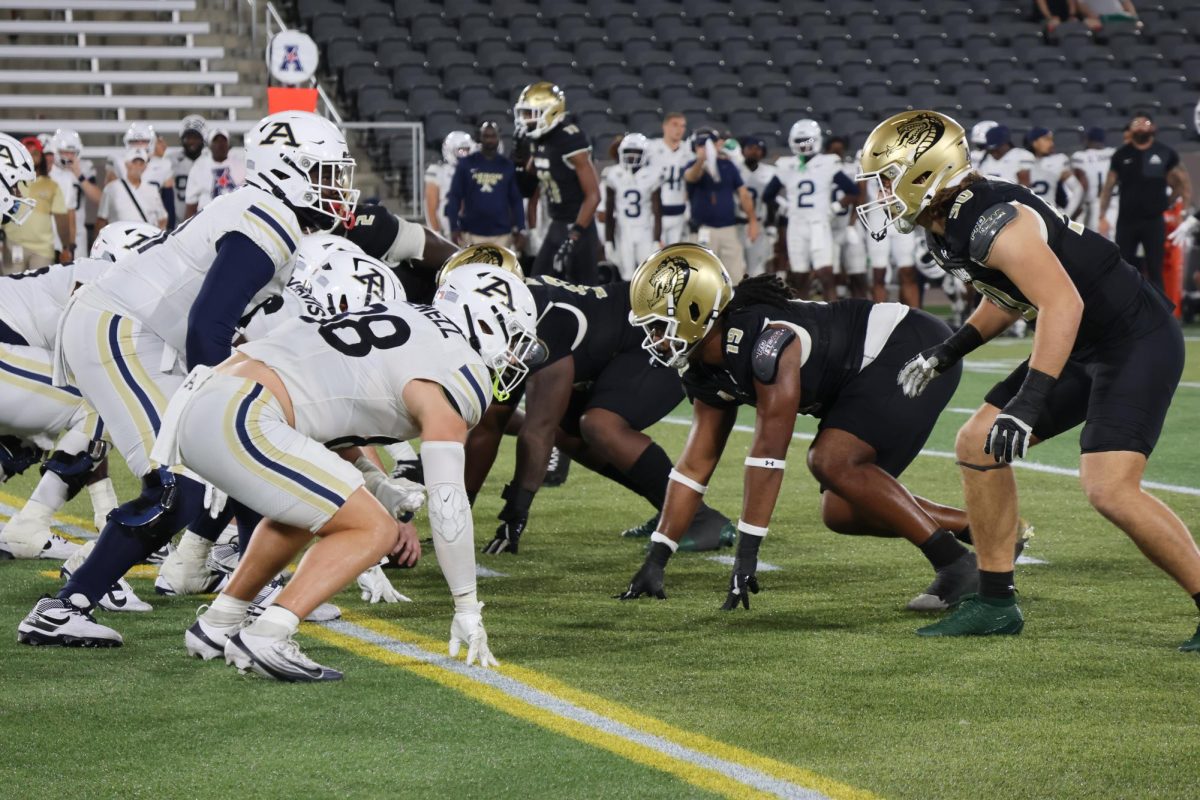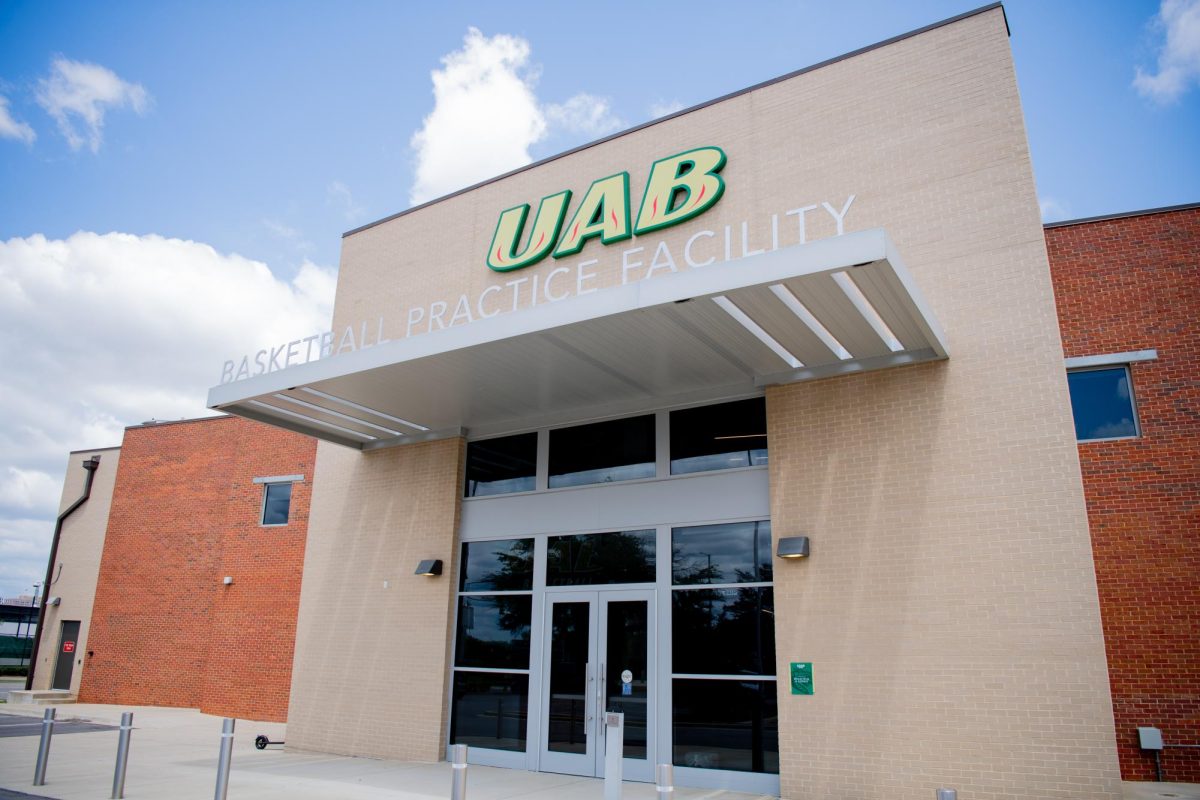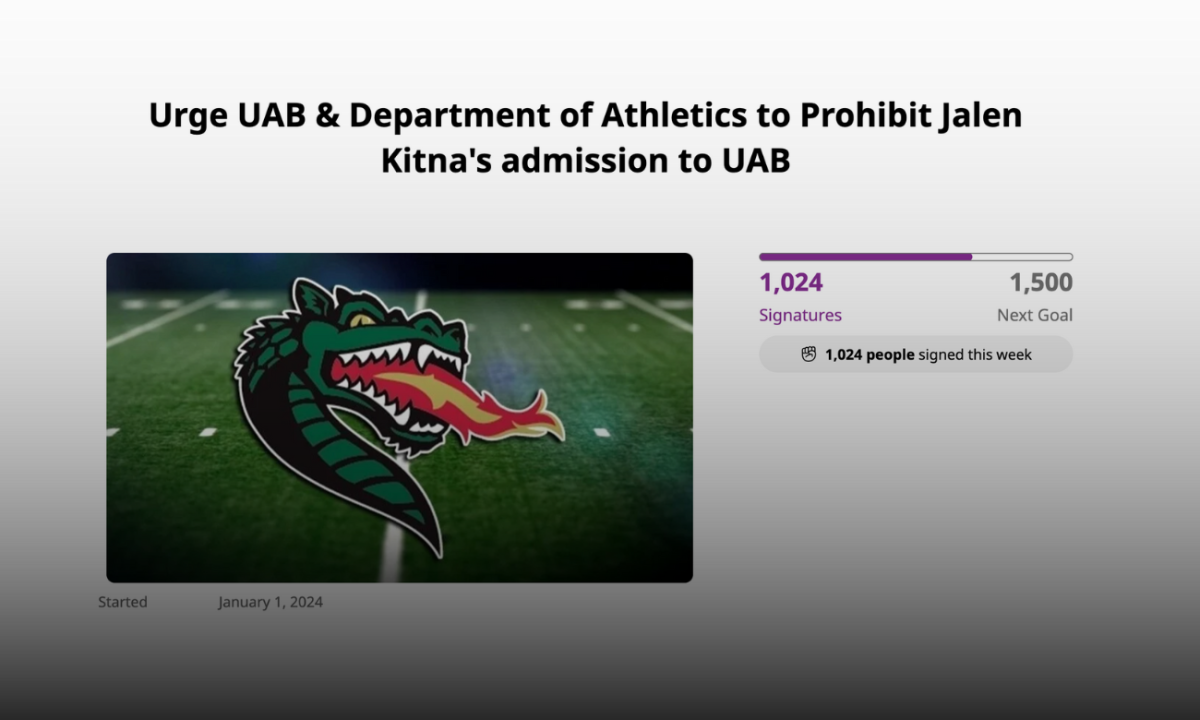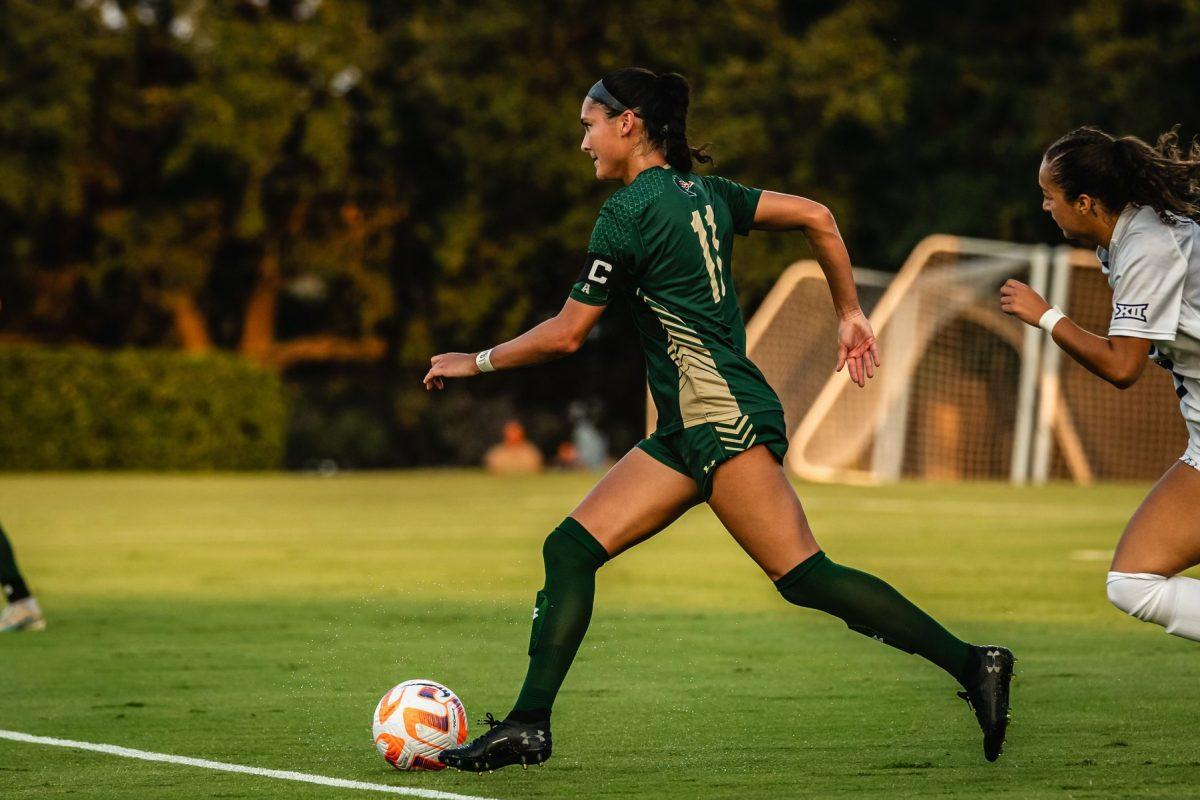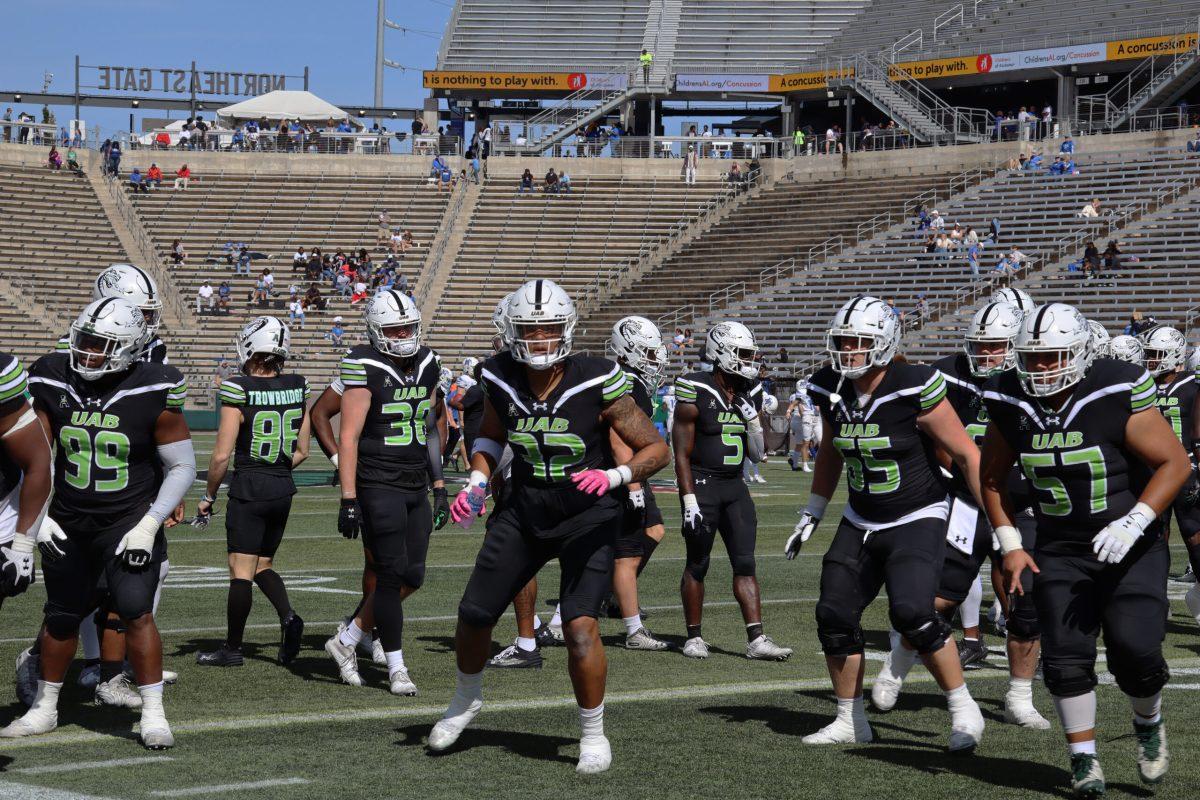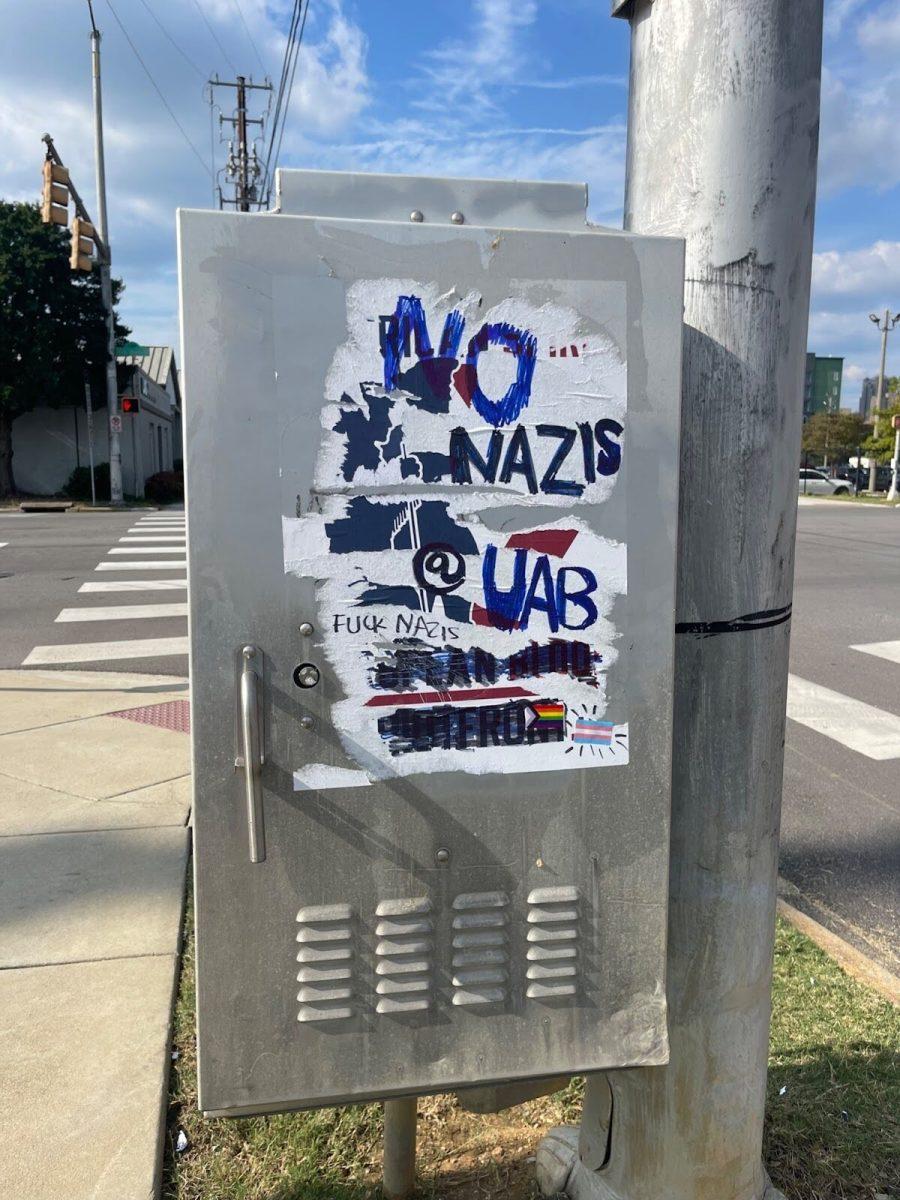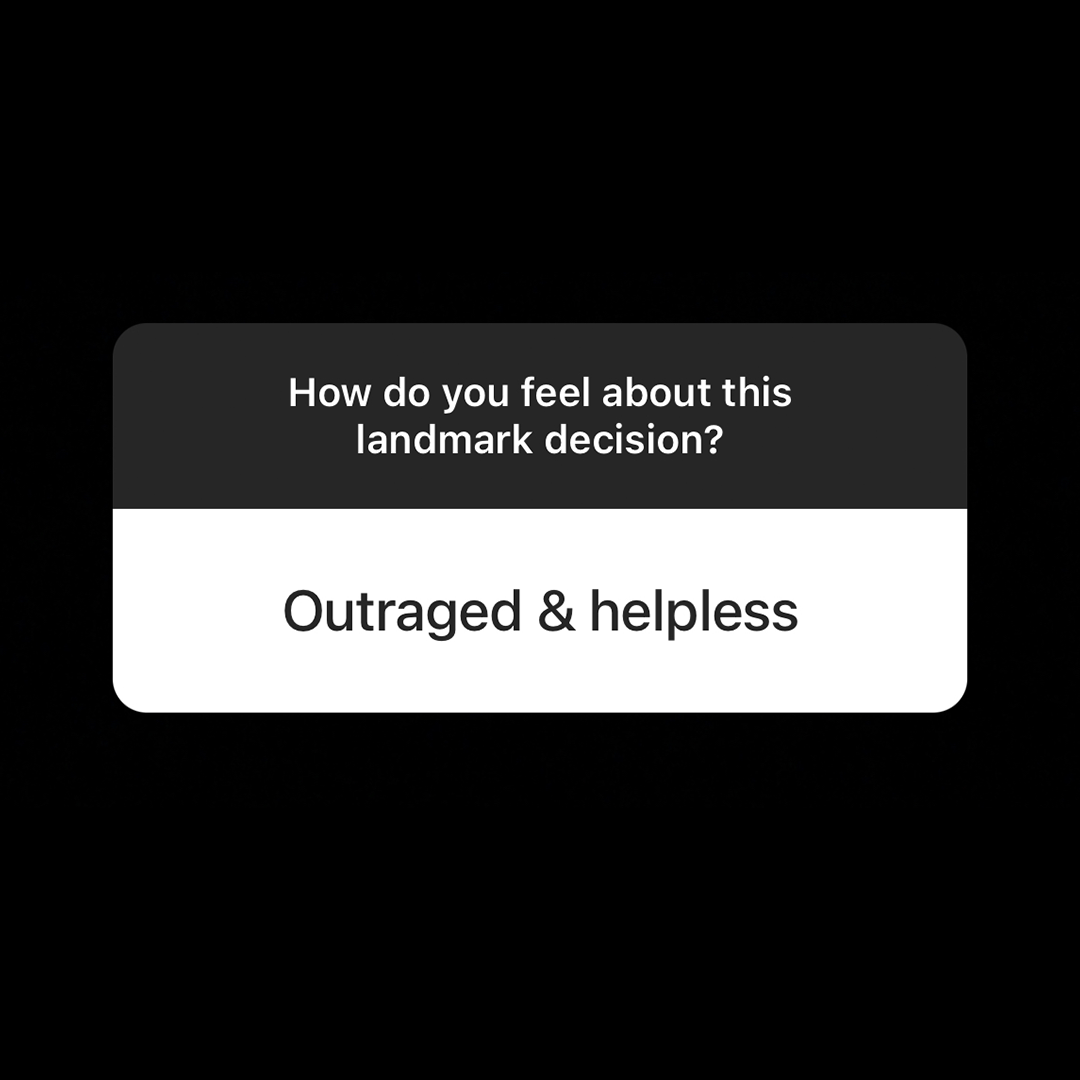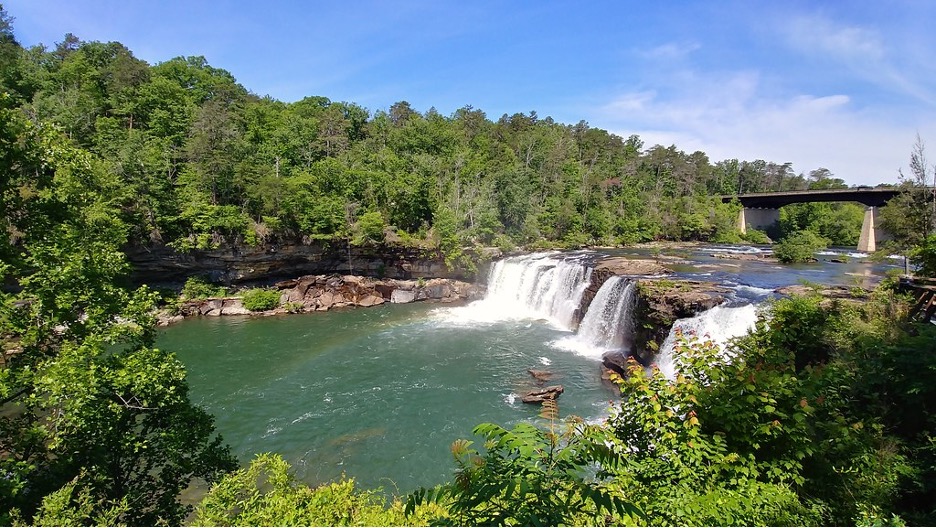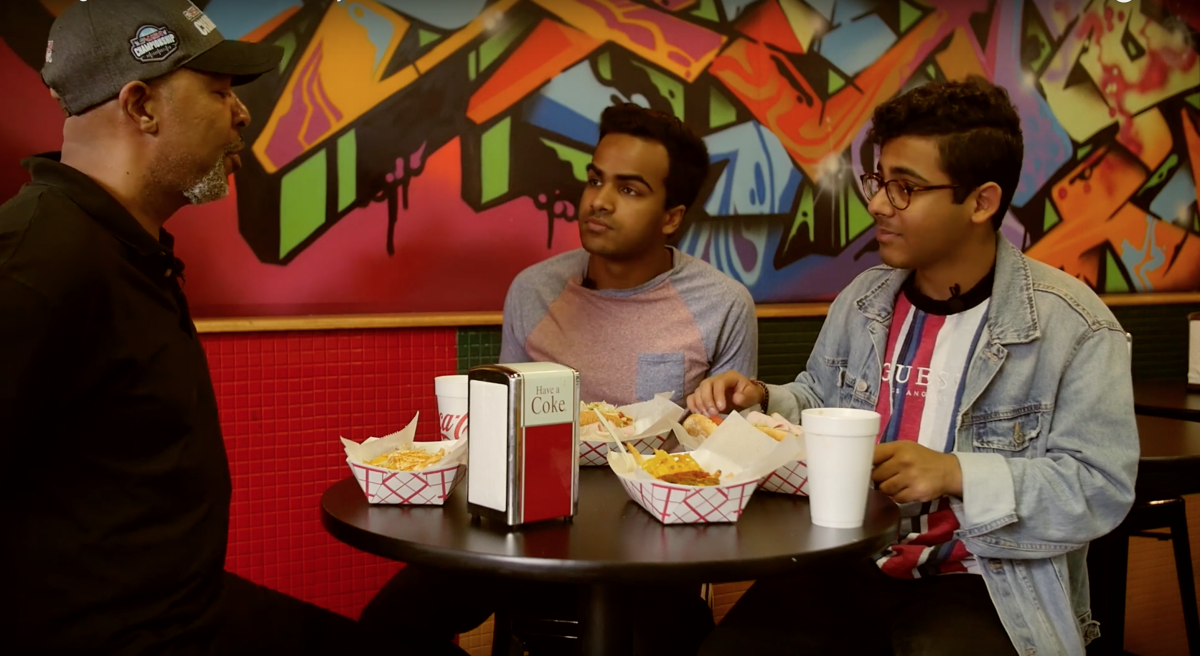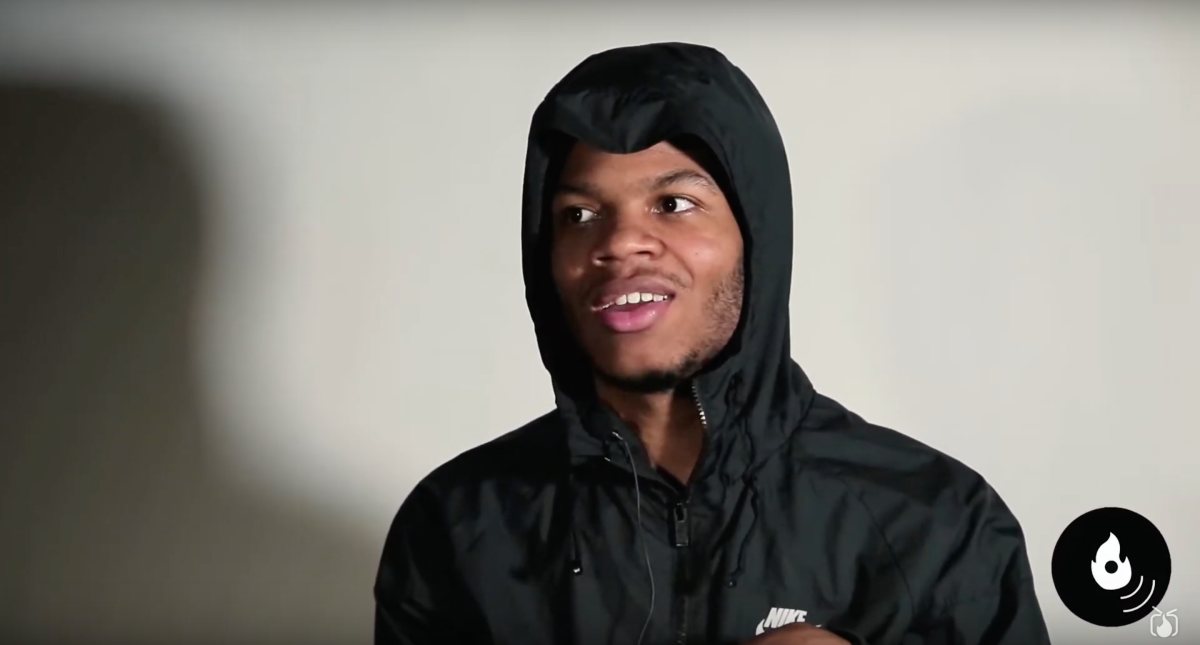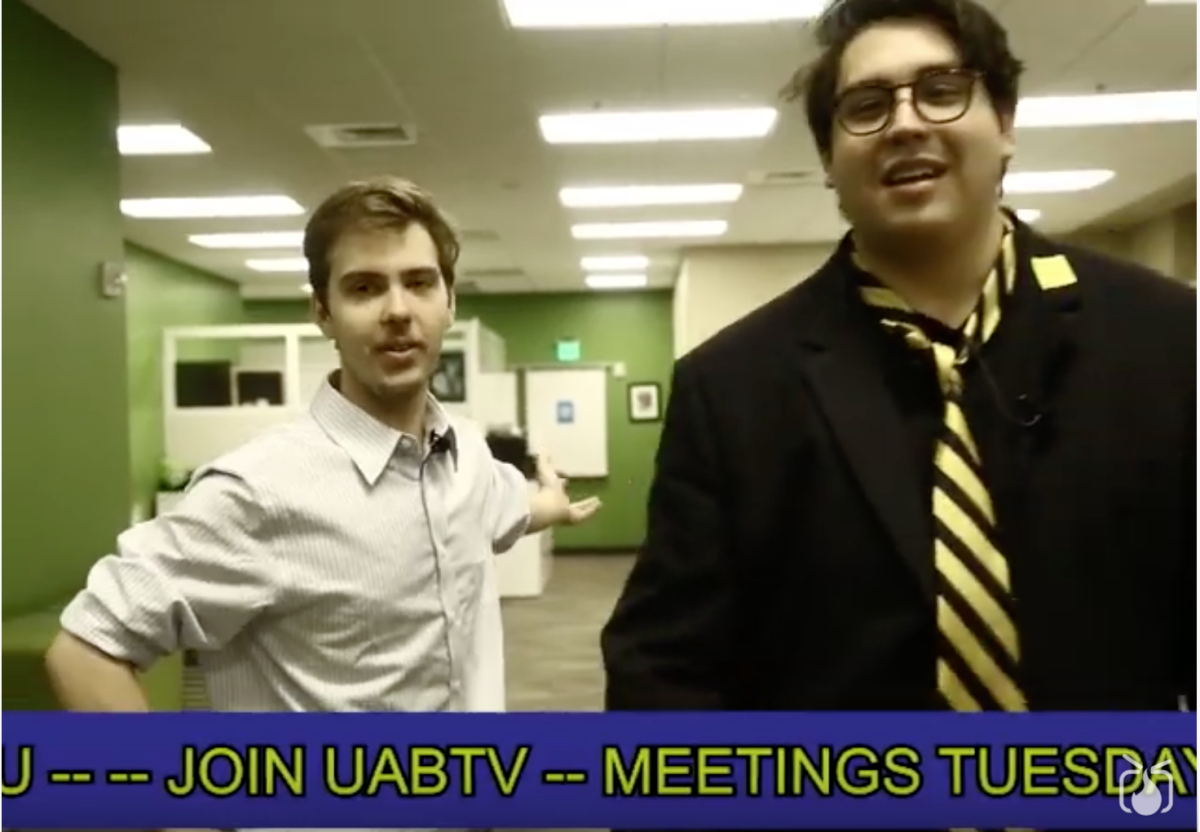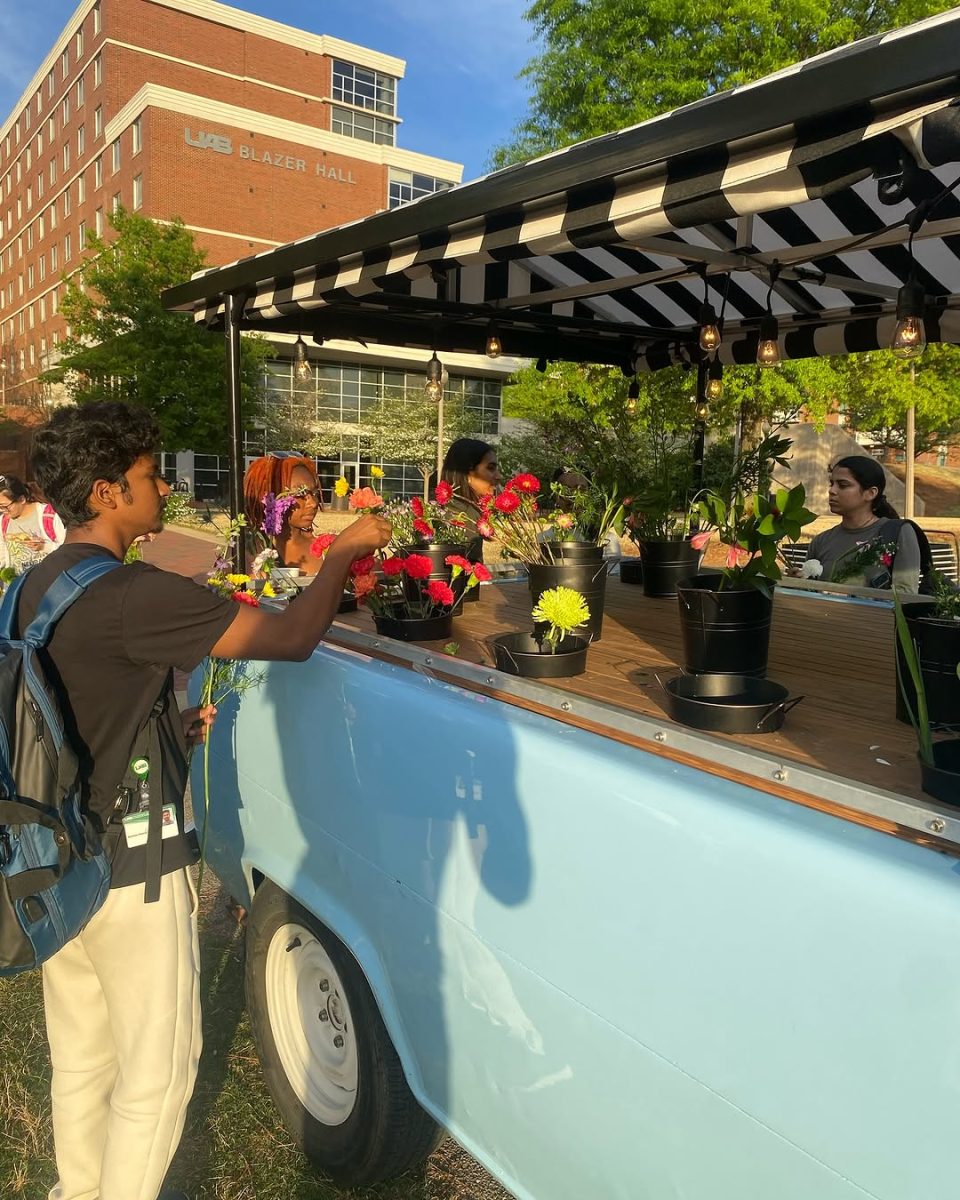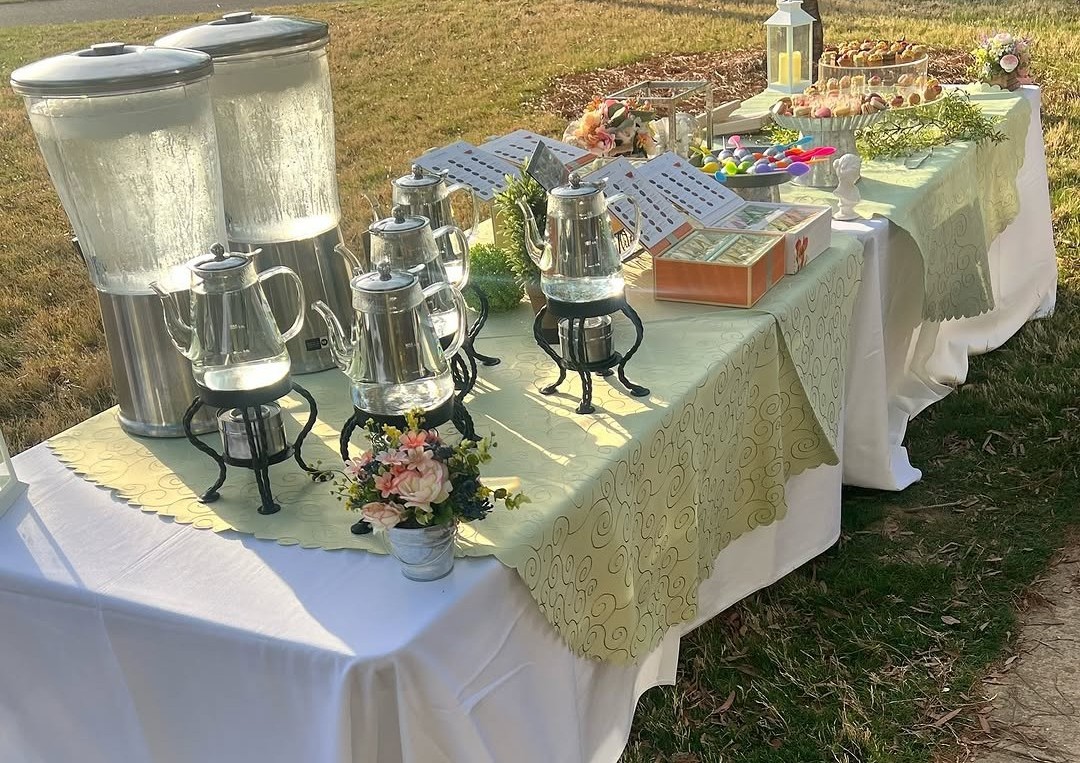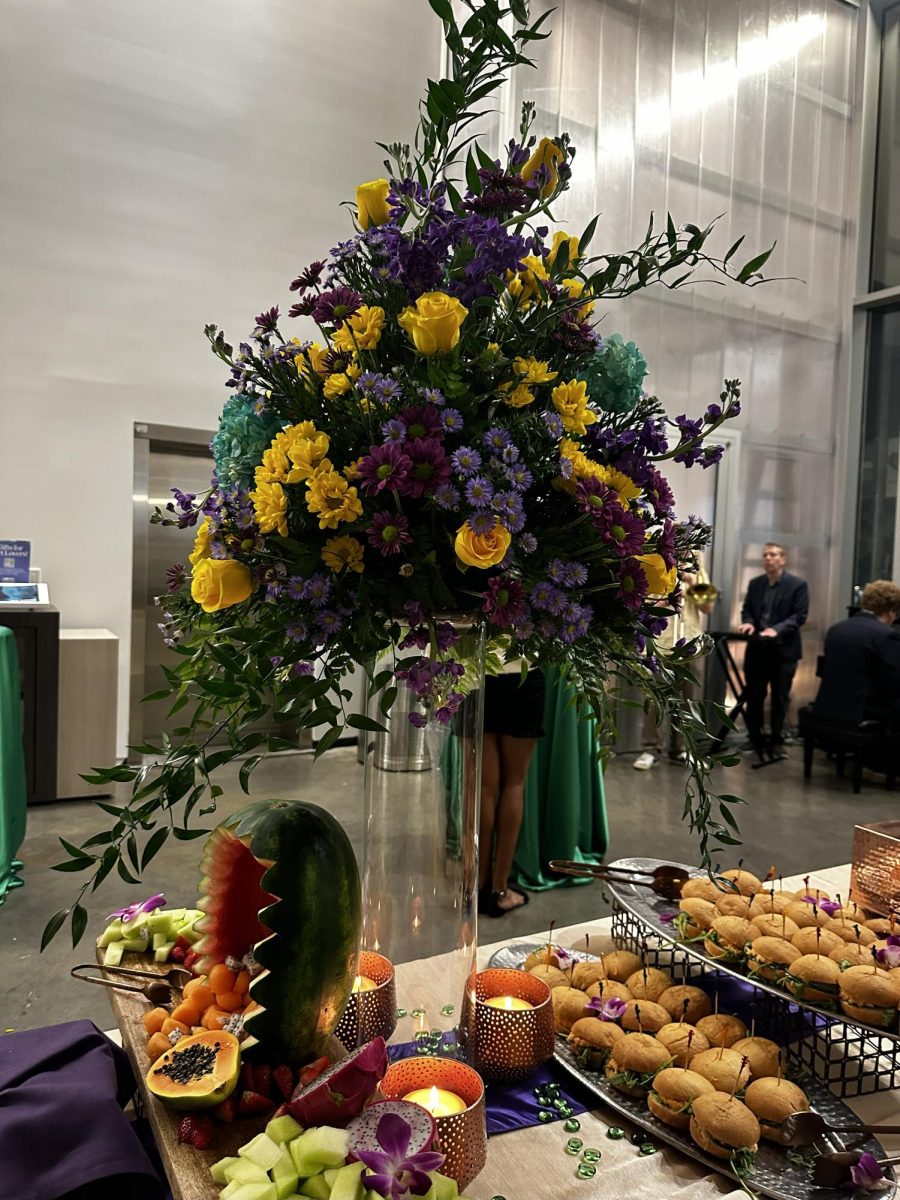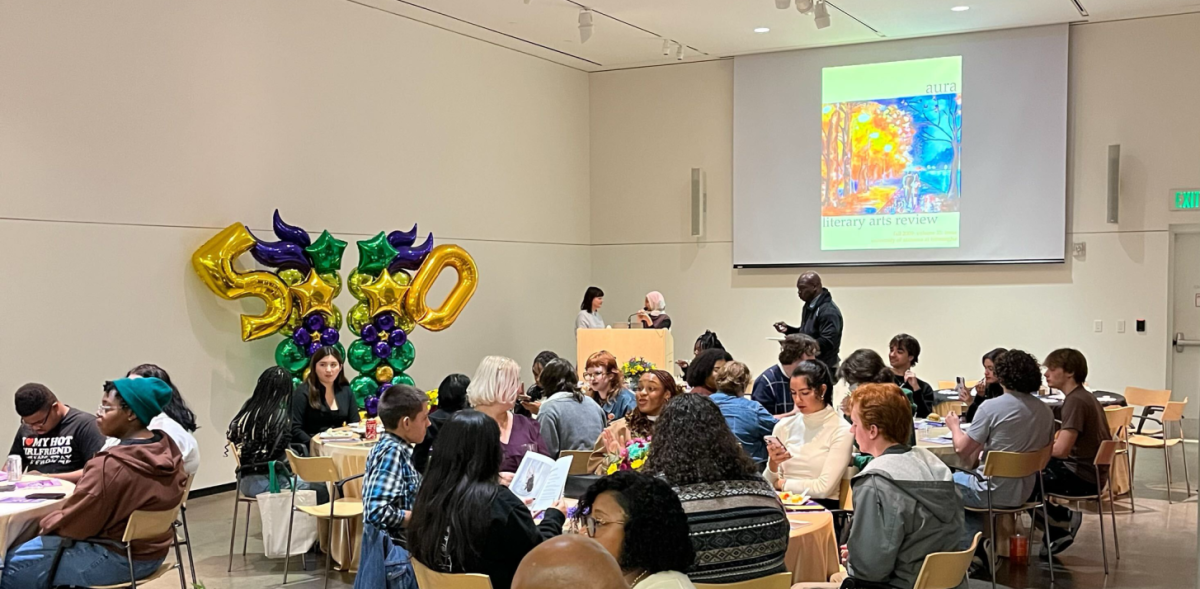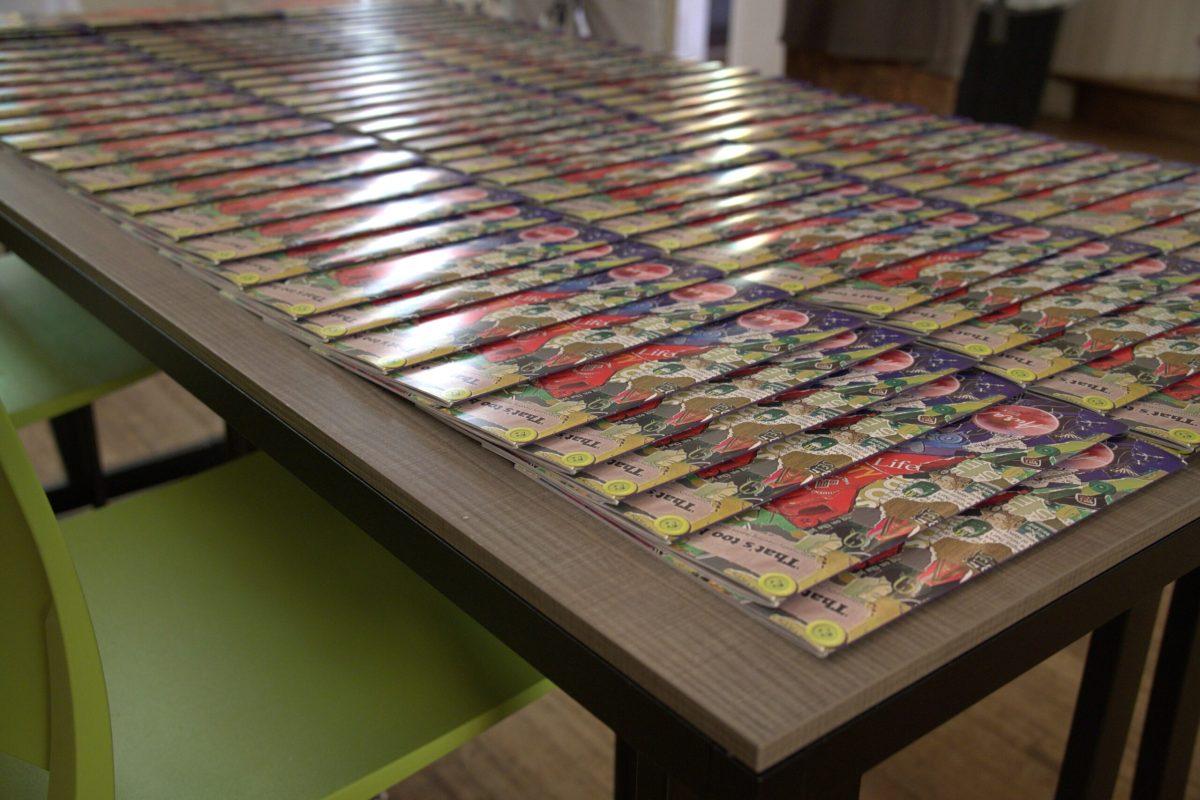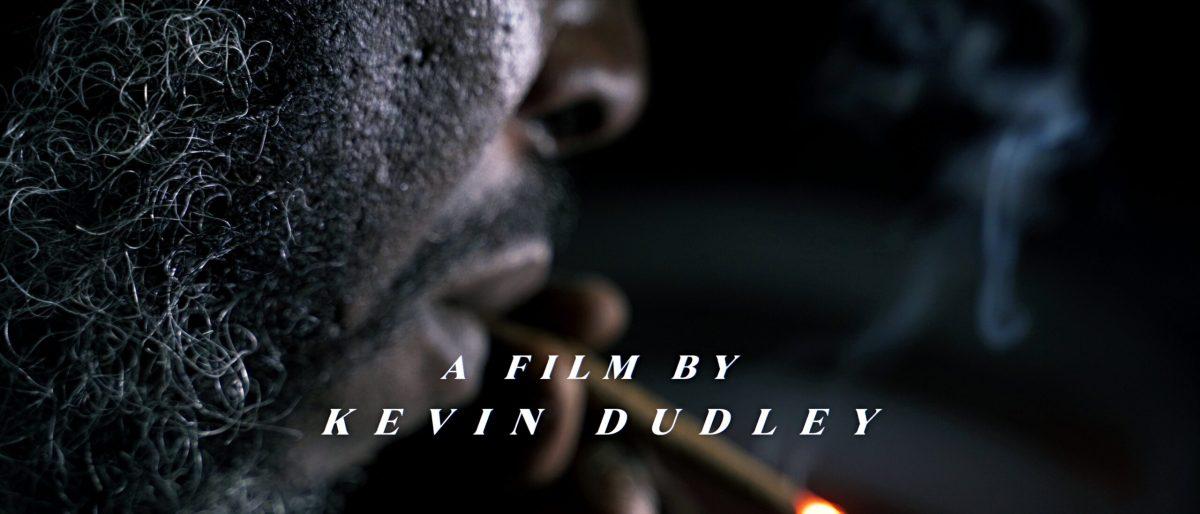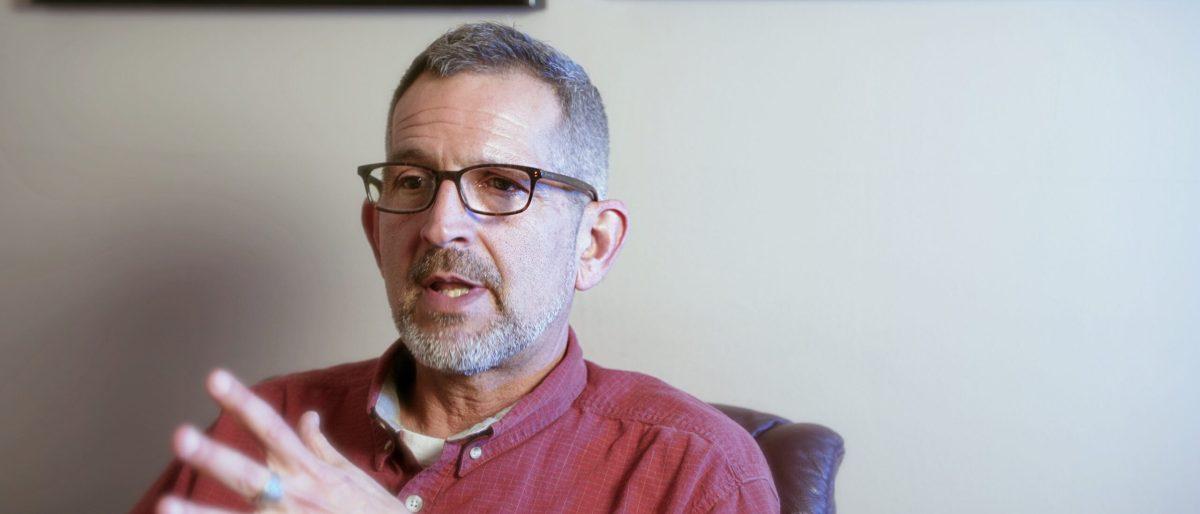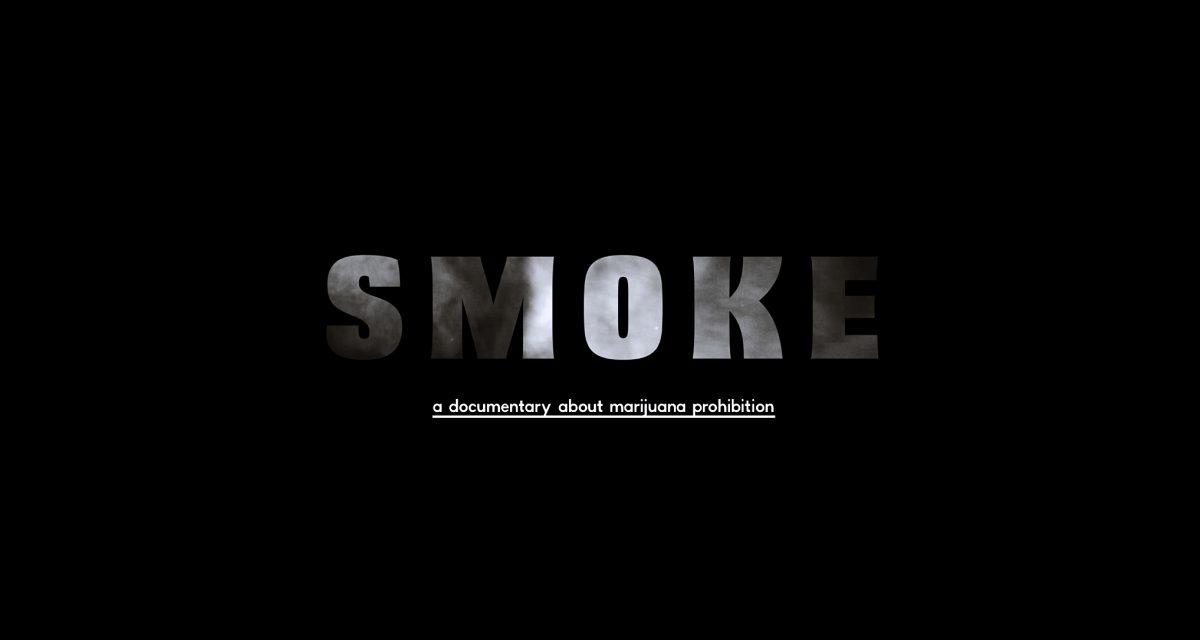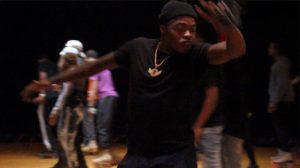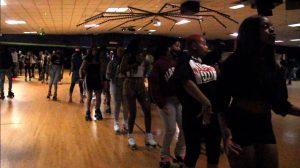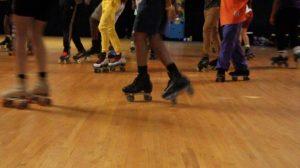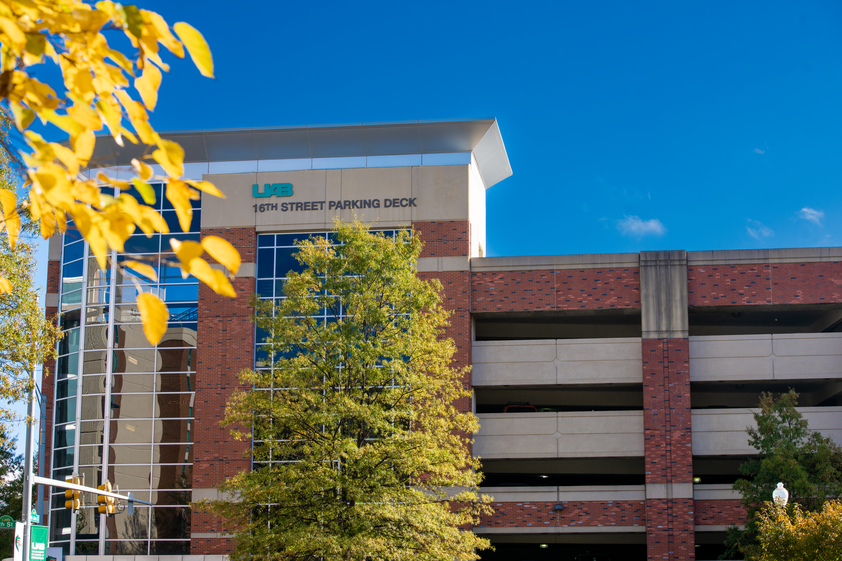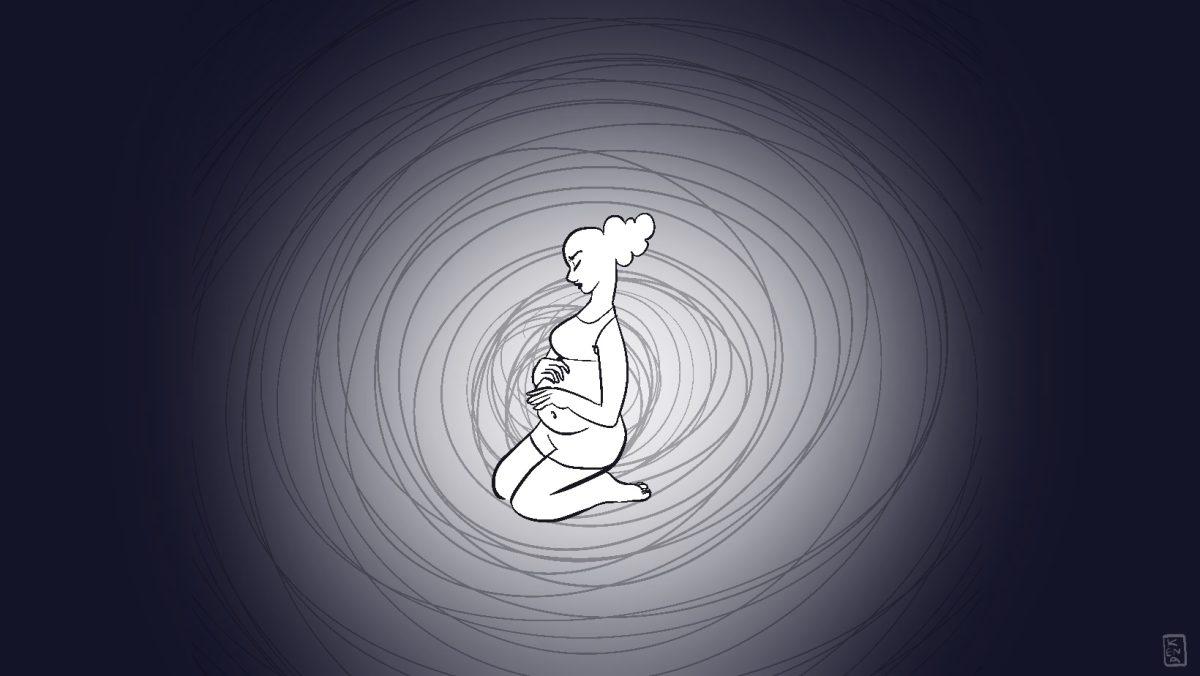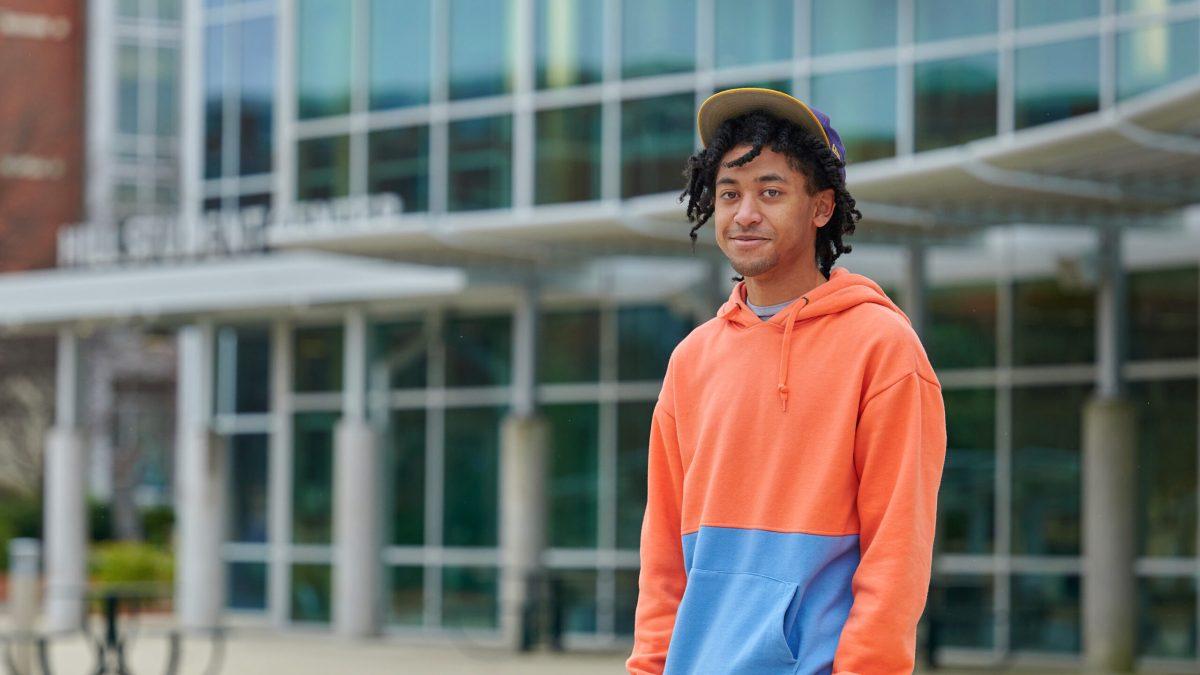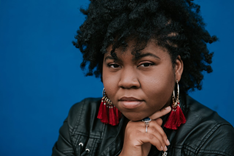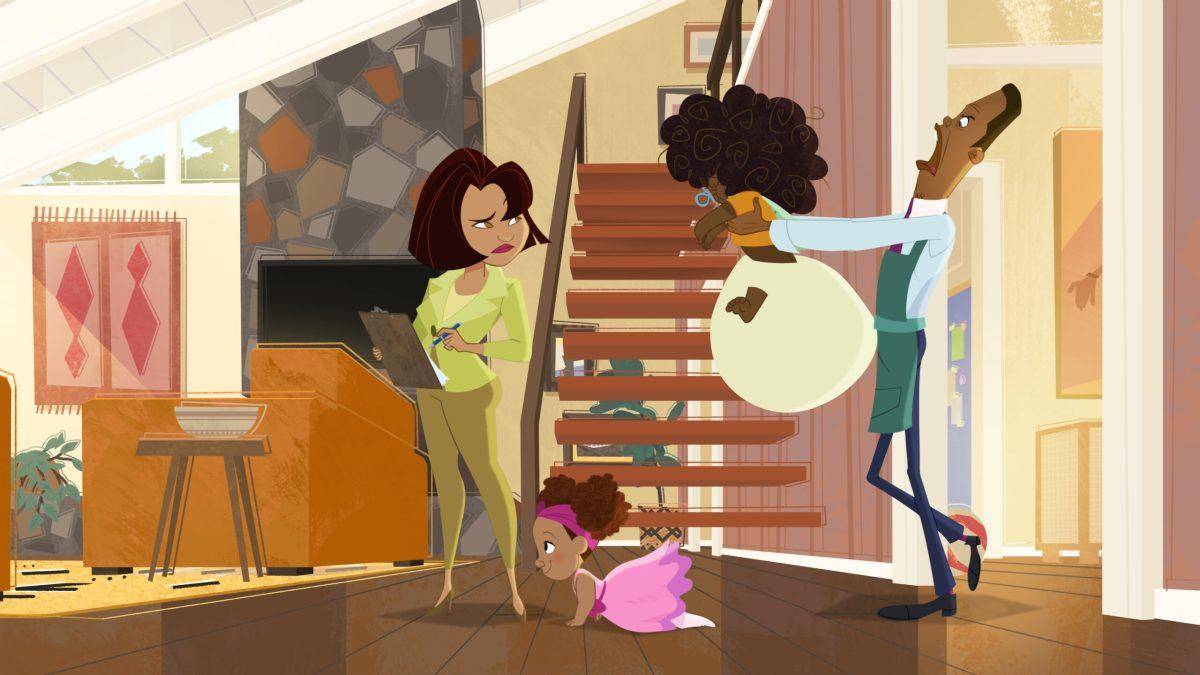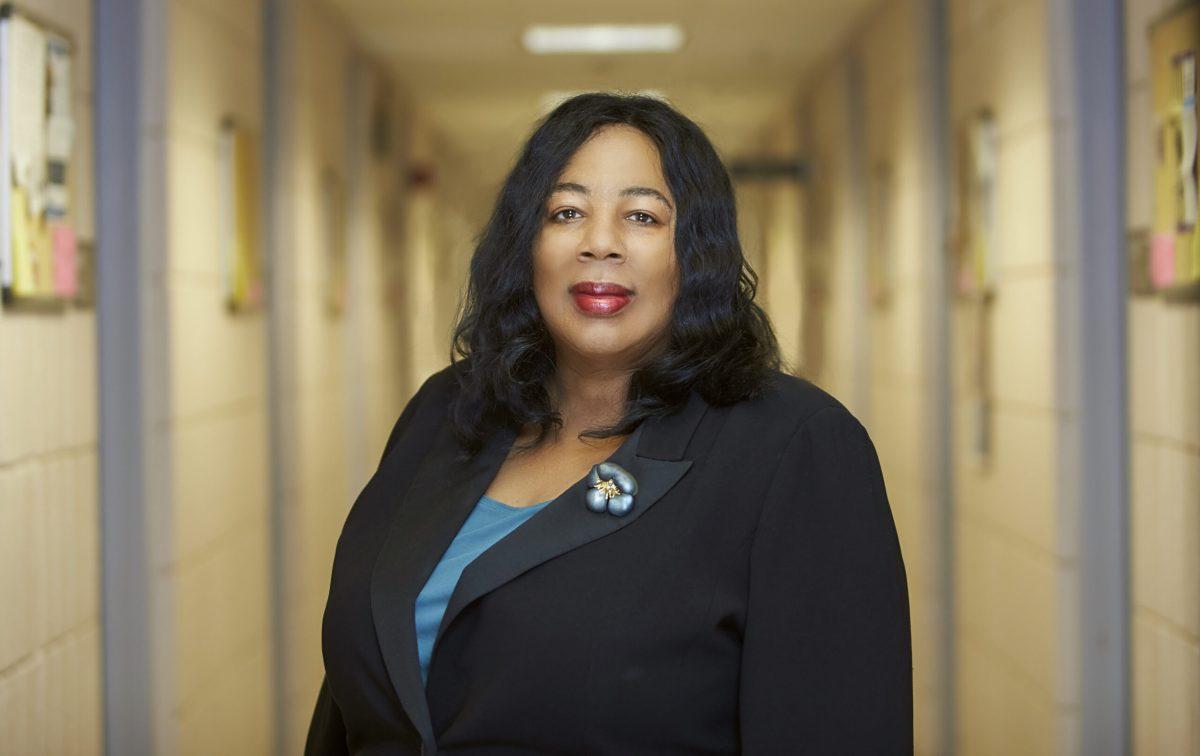UAB’s Ethnographic Filmmaking course, offered in the spring semester every year to both traditional and nontraditional students, allows students to create documentaries capturing the lives in and around the city of Birmingham and Alabama.
Michele Forman, director of media studies, began the class as a pilot project in 1999.
“It’s been offered since 2001 as an upper-level filmmaking class and a UHP seminar,” said Forman.
Because students from different majors and backgrounds take the course both Forman and students learn from each other.
“There is something that happens that is great in the room when you have students that are majoring in everything. Through the years, there have been nontraditional students taking the class,” said Forman. “Our critique is a rich learning experience because students are coming at the films from so many different perspectives.”
In order to teach the students how to properly handle a camera and technical vocabulary, the class begins with a crash course in filmmaking.
“We do a crash course in documentary film history and aesthetics. We watch films, write about films, and discuss films,” said Forman. “We developed our own language in order to discuss our own work.”
The class focuses on ethnography and telling the story of a culture or community. The topics are focused around Birmingham and Alabama.
“A lot of our films are focused on community based issues,” said Forman.
Students have a semester to complete their film, but they begin the class with discussion on topics the students are interested in.
“We begin talking about our ideas for our big film. What we’re drawn to and what we’re interested in” dais Forman.
Kevin Dudley, a returning undergraduate majoring in Philosophy, is researching cannabis prohibition laws in Alabama with the goal of encouraging reform.
“My topic is about the marijuana prohibition in Alabama. I talk about the repercussions of it being prohibited and how people’s lives are affected,” said Dudley. “We still have people here in Alabama being arrested for small amounts of marijuana and cannabis when it is totally legal in other states.”
The documentary features the medical and legal history of cannabis in the state.
“I interviewed a pharmacist with a medical background about it. I also talked to the deputy director of the Alabama Normal program who is a lawyer in Alabama,” said Dudley.
Through these interviews, Dudley has learned new information about how cannabis works in the body.
“I found out about this system in our body called the endocannabinoid system which is the production of cannabinoid chemicals that are found in marijuana and cannabis,” said Dudley. “It’s like the plant and body are comparable.”
Dudley hopes to continue working on his film and eventually release a longer version.
Brianna Madry, a junior majoring in communications, is documenting the culture and history of roller skating in Huntsville.
“I am trying to capture what I have witnessed to be a safe space for black people,” said Madry.
She is capturing skate culture over generations by interviewing people of all ages with experience in the subculture.
“As far as the younger generation, I wanted to do a series of smaller interviews with them because I felt like they reflect the rink now,” said Madry.
Madry’s film takes on the history of the United States by capturing the culture of skating through the years.
“There is a segregated history with roller skating,” said Madry. “There were fights that broke out during segregation where black people would try to go and skate,” she said.
These documentaries will be shown to the public to support these students’ works.
“I can’t wait to show them to the public. We might have to do multiple screenings for our multiple films,” said Forman.
Ethnographic Filmmaking is offered in the spring as DCS 401 and UHP 316.
